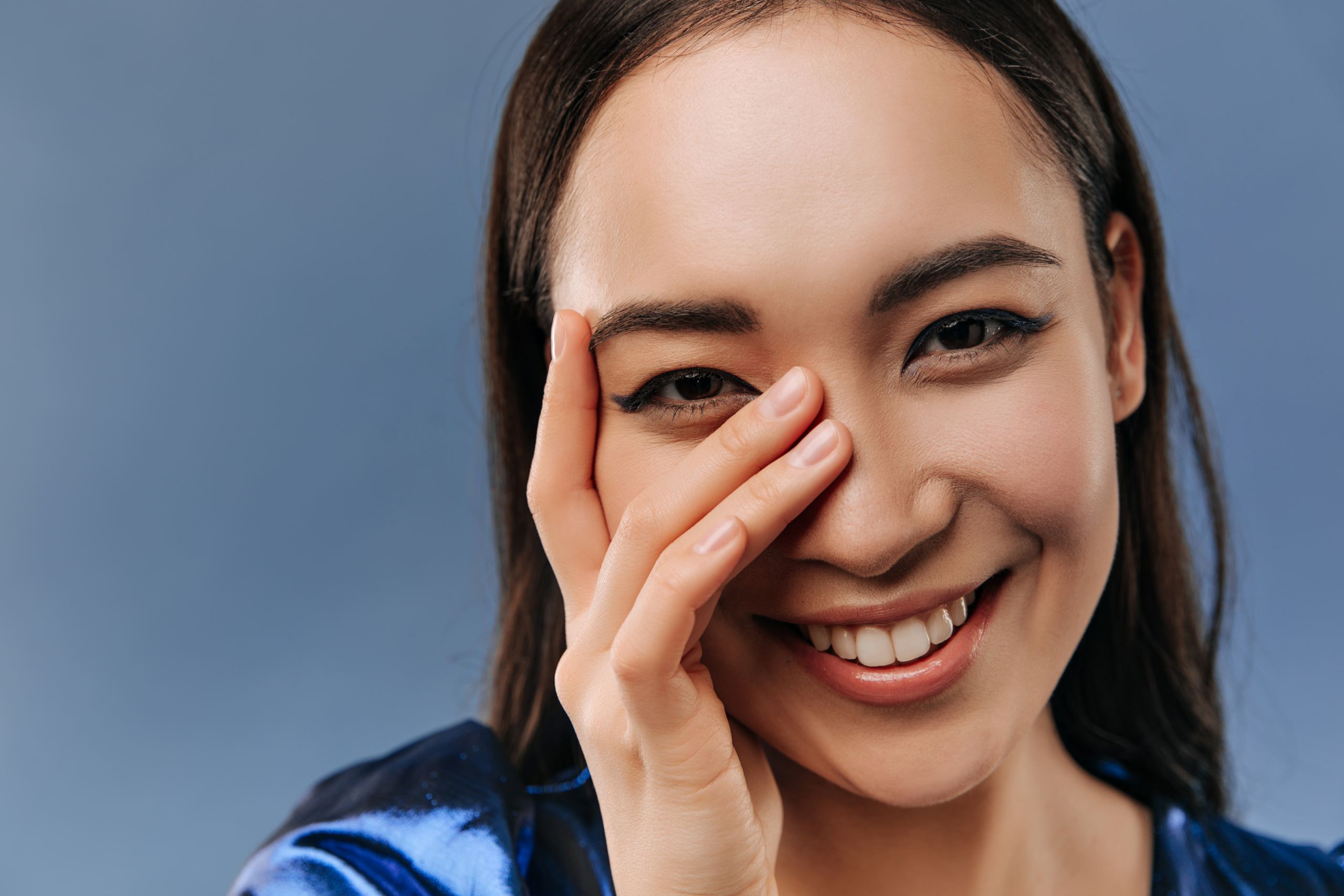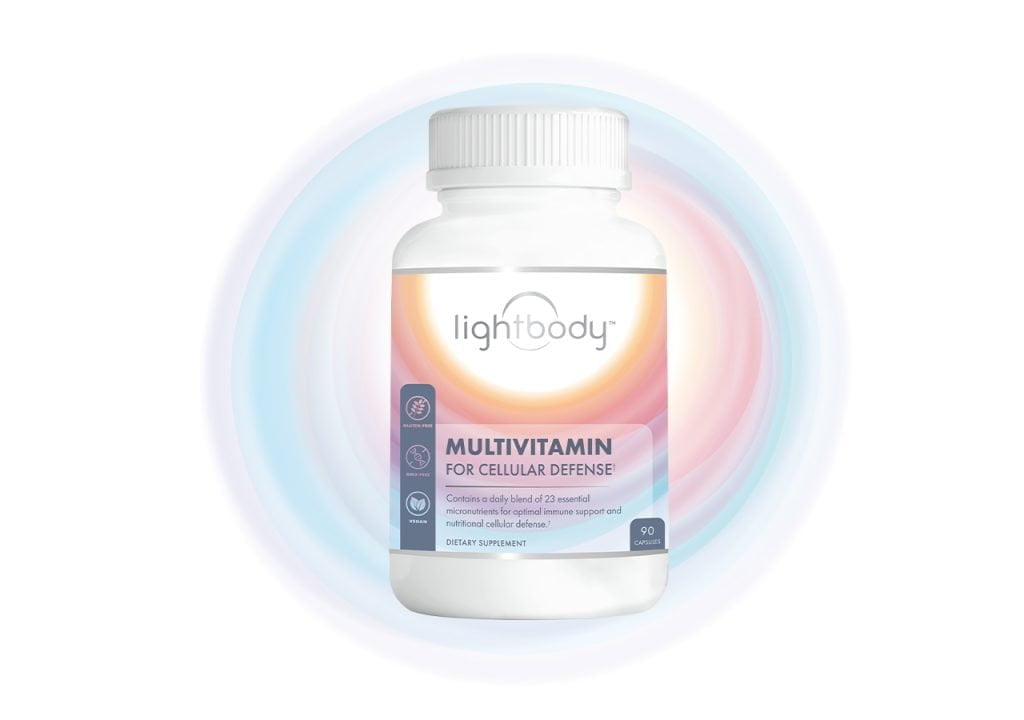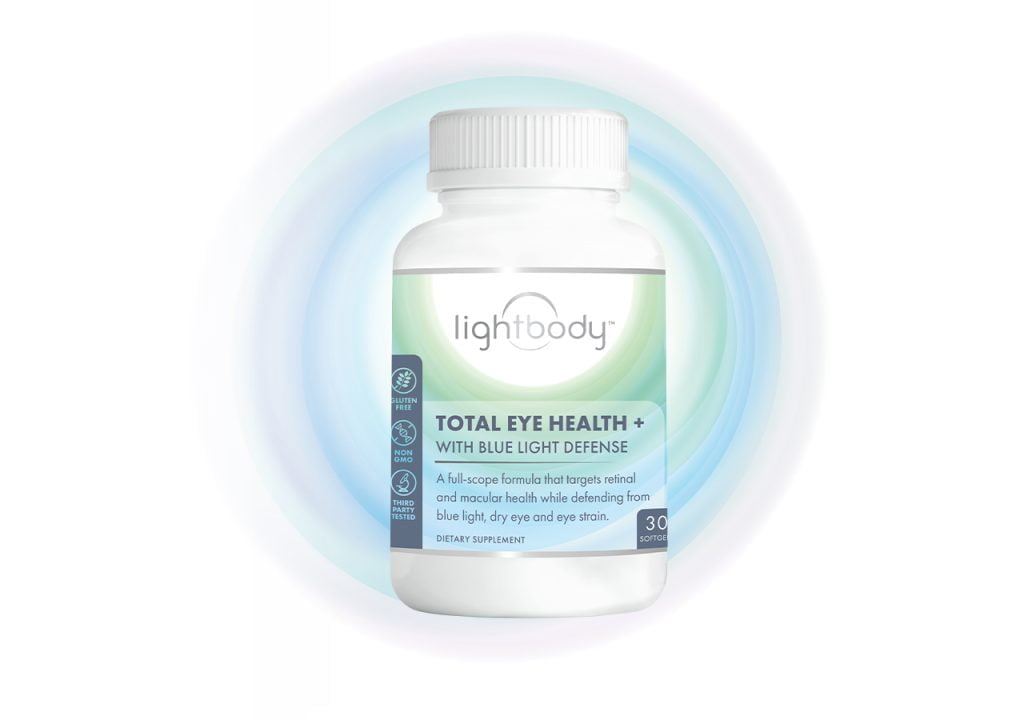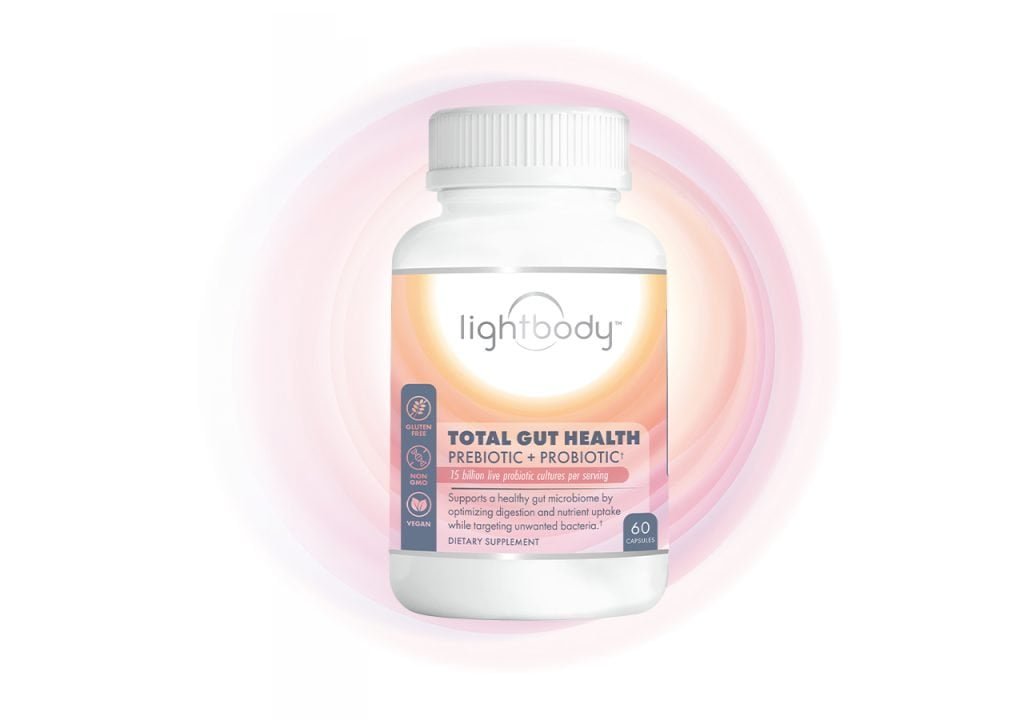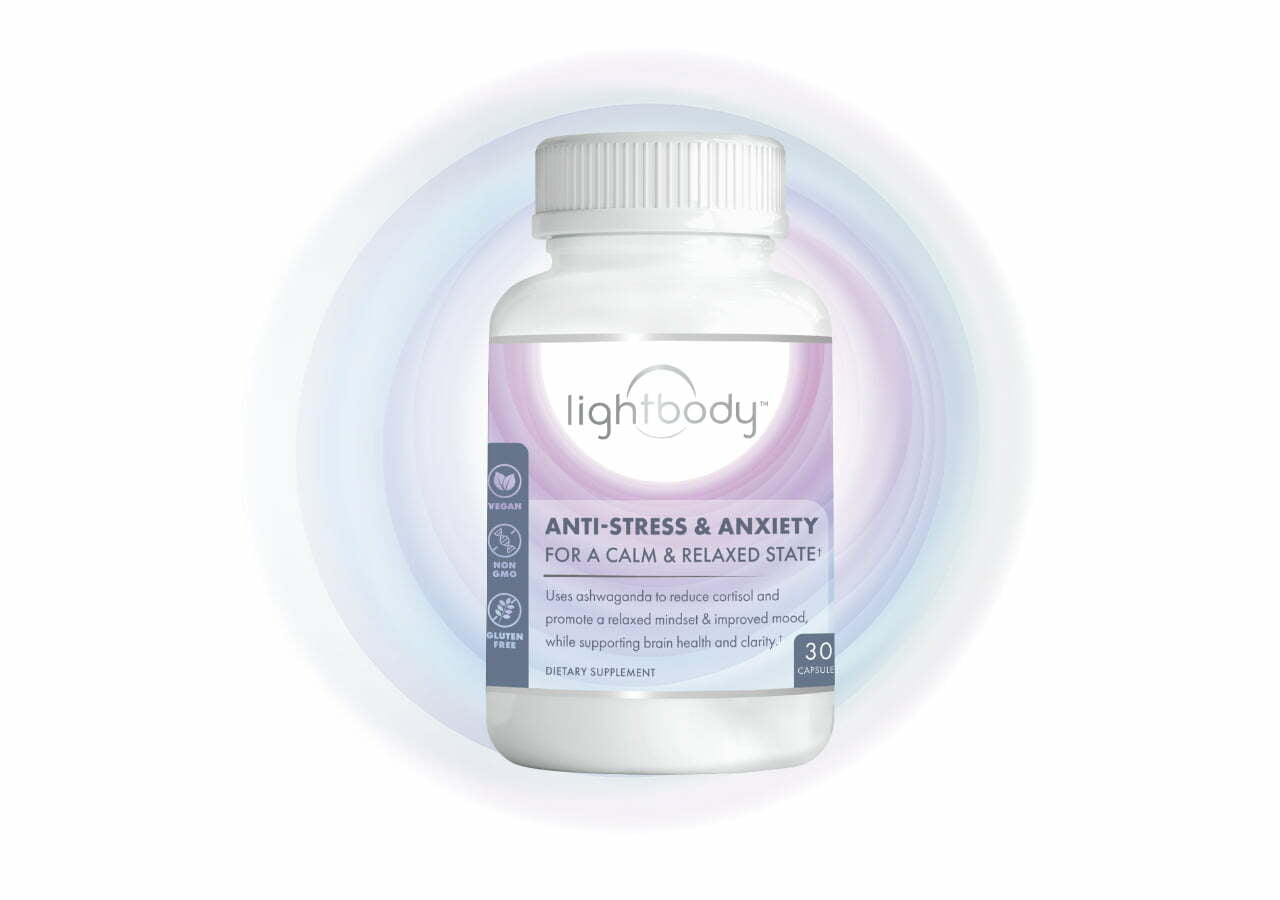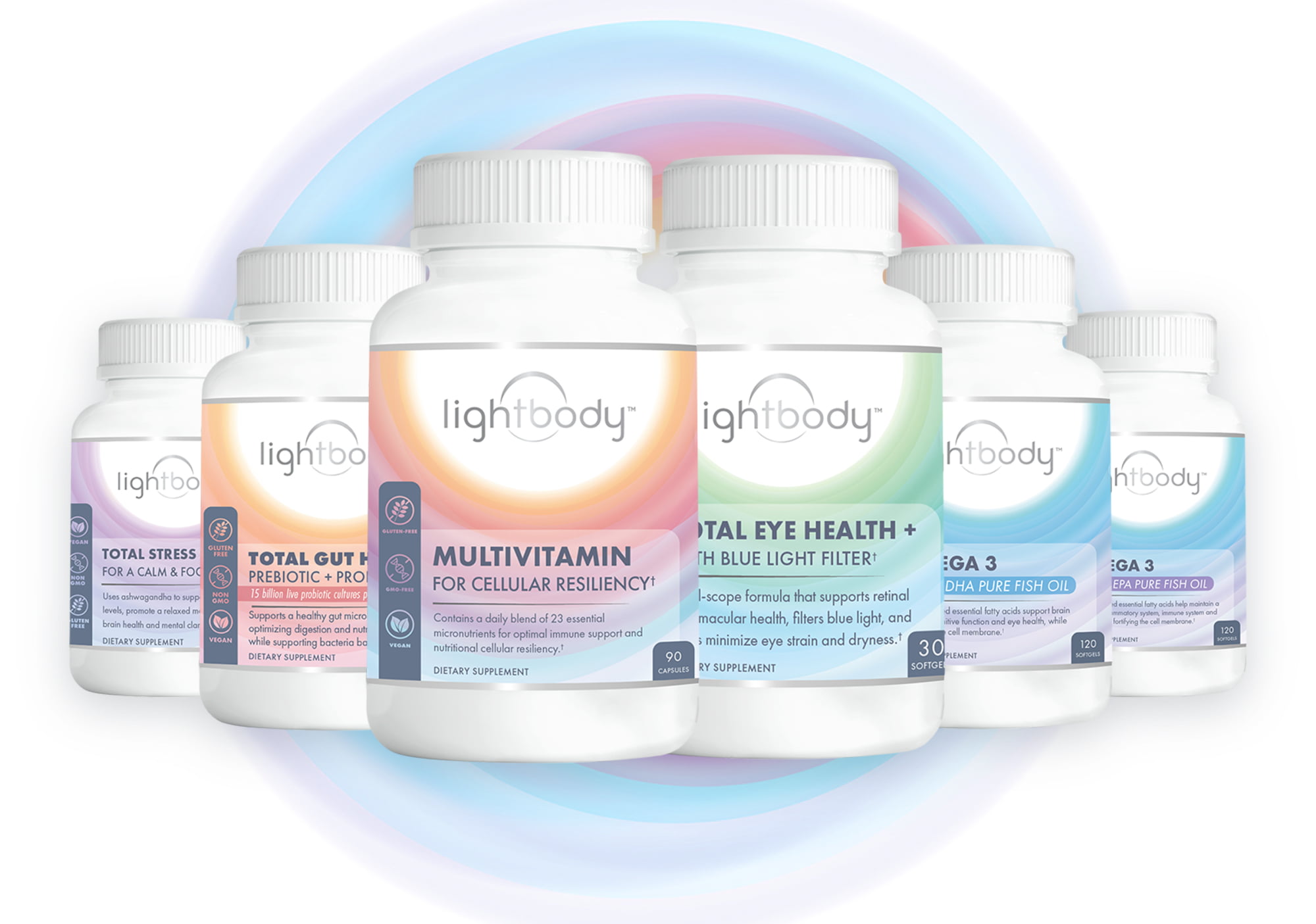As our lives become increasingly intertwined with screens, our eyes have encountered unprecedented challenges, and this is why the topic of eye health is so crucial to your digital wellness.
The constant exposure to digital devices and the strain it places on our eyes have become integral aspects of modern living.
Amidst this technological landscape, it’s crucial to understand the common vision-related issues that many individuals face. From the subtle yet persistent digital eye strain to more significant concerns like macular degeneration and cataracts, our eyes navigate a digital realm that demands careful attention.
Fortunate for you, we are here to equip you with practical tips and suggestions for good eye health. We hope to be along on your journey towards maintaining vibrant and healthy eyes in the face of today’s technology-driven lifestyle.
In this article, you’ll learn:
- Common Eye Conditions
- Advice for Healthy Vision
- Eat Well
- Reduce Screen Brightness and Blue Light Exposure
- Prioritize Quality Sleep
- Hydrate Your Eyes
- Follow the 20-20-20 Rule
- Protect Your Eyes from UV Rays
- Regular Eye Checkups and Eye Exams
- Supplementation for Eye Health
- Conclusion: Eye Care is Important!
Common Eye Conditions
In our fast-paced digital world, several vision problems have become prevalent. Common eye diseases and problems include:
- Age-related Macular Degeneration: A condition affecting the center of the retina, and can lead to vision loss.
- Cataract: Clouding of the eye’s lens, often due to age-related vision changes.
- Digital Eye Strain: Discomfort or fatigue resulting from prolonged screen use.
- Glaucoma: Increased pressure in the eye that can damage the optic nerve, and can lead to eye surgery.
- Myopia (Nearsightedness): Difficulty seeing distant objects clearly.
Warning signs of potential eye problems include changes in vision like blurriness or flashes of light, discomfort, pain, or noticeable changes in eye appearance. It’s important that if you experience any of these, prompt consultation with an eye care professional is crucial for early detection and appropriate intervention.
But, before you get to those stages, take steps to prevent eye issues from developing! There are a few different way to keep your eyes healthy, and below we will outline our 8 tips you can follow to safeguard your vision.
Advice for Healthy Vision
Many eye issues are preventable: the following tips are not only good for your eyes, but they can also help you take care of your health.

1. Eat Well
A balanced diet is crucial for eye health. Include foods rich in vitamins A, C, and E. It is important to have a diet that is high in omega-3 fatty acids, as omega 3s are very beneficial to your eyes and overall health.
Good food choices include:
- Leafy greens, such as spinach and kale, are rich in vitamins A, C, and E, as well as antioxidants. Leafy greens support retinal health, protect against oxidative stress, and promote overall eye wellness.
- Carrots are an excellent source of beta-carotene, a precursor to vitamin A, which is essential for maintaining good vision and preventing age-related macular degeneration.
- Salmon and other fatty fish are packed with omega-3s. This contributes to the structural integrity of the eye’s retina.
- Citrus fruits provide ample vitamin C, which supports blood vessels in the eyes, reducing the risk of cataracts and promoting a healthy immune system.
2. Reduce Screen Brightness and Blue Light Exposure
Minimizing screen brightness and managing exposure to blue light is key tactic for safeguarding your eyes. Prolonged exposure to the blue light emitted from digital screens, such as those on computers, smartphones, and tablets, can lead to eye strain, disrupted sleep patterns, and potential long-term effects on retinal health.
Unsafe levels of screen time increases your risk for eye or visions problems down the road.
Adjust the brightness of your screens to a comfortable level, as excessively bright screens can cause discomfort and contribute to eye fatigue. Strive for a balance where the screen is bright enough for clarity but not overly intense, which is especially important in low-light settings.
Consider using blue light filters on your devices or wearing blue light-blocking glasses. These filters are designed to reduce the amount of blue light emitted, and blue light-blocking glasses help protect your vision from the negative effects. Both of these two precautionary measures help to alleviate eye strain and potential disruptions to your circadian rhythm, particularly if you use screens in the evening.
For evening screen activities, activate the night mode on your devices or use applications that gradually shift the screen color temperature towards warmer tones. This helps minimize blue light exposure, promoting better sleep quality.
3. Prioritize Quality Sleep
Speaking of sleep, adequate and quality sleep is essential for overall health, including eye health. Because sleep is the only true break for your eyes and eyesight.
Create a conducive sleep environment by keeping your bedroom dark, quiet, and cool.Reduce screen time before bedtime to improve sleep quality, and even consider removing digital devices from the bedroom.
If sleep issues persist, consult a healthcare professional to address potential connections between sleep and eye health. Prioritizing quality sleep contributes significantly to overall health and supports long-term vision and eye vitality.
4. Hydrate Your Eyes
Hydrating your eyes is vital for maintaining optimal eye health. Ensure overall hydration by drinking sufficient water throughout the day, aiming for about 8 glasses a day. Adequate hydration supports tear duct lubrication, preventing discomfort and irritation from dry eyes.
If you wear glasses or contact lenses, keeping your eyes hydrated is that much more important.
For immediate relief, use lubricating eye drops in your eyes. These mimic natural tears, offering a soothing layer of moisture, especially during extended screen use or in low humidity environments. Consciously blink more often, as extended screen use reduces natural blinking frequency.
If you are in a drier environment, or indoors with the air conditioning running often, consider using a humidifier to counterbalance dry air. This simple practice can alleviate eye dryness.
5. Follow the 20-20-20 Rule
Alleviate eye strain by following the 20-20-20 rule. After looking at a computer or any screen for a prolonged period of time, rest your eyes with this simple trick.
Take a break every 20 minutes, and look at an object that is 20 feet away for 20 seconds. Incorporating this habit into your digital lifestyle can make a significant difference.
6. Protect Your Eyes from UV Rays
Shielding your eyes from harmful ultraviolet (UV) rays is another important tip for your eye health. Prolonged exposure to UV rays can contribute to various eye issues, including cataracts, macular degeneration, and even eye surface conditions.
Invest in high-quality sunglasses as eye protection that provide 100% UV protection. Not all sunglasses are created equal, so ensure that the pair you choose effectively blocks both UV-A and UV-B radiation. The right sunglasses act as a barrier, preventing UV rays from reaching the delicate tissues of the eyes.
Additionally, consider wearing a wide-brimmed hat on particularly sunny days. This extra layer of protection helps reduce the amount of sunlight that reaches your eyes from above and around the sides of your sunglasses.
Wear sunglasses year-round, as UV rays are present even on cloudy days. If you’re participating in outdoor activities for an extended period, like hiking or spending a day at the beach, opt for wraparound sunglasses for comprehensive coverage.

7. Regular Eye Checkups and Eye Exams
Being proactive in your health is one of the most important things you can do for yourself.
You can do this by scheduling routine eye examinations with eye doctors to detect potential issues early. A comprehensive eye exam can help detect eye diseases and conditions before they develop, hopefully making any issues easier to treat.
An eye doctor may conduct a comprehensive dilated eye exam, which checks the overall health of the eyeballs. This kind of exam is helpful in detecting conditions such as glaucoma, macular degeneration, and diabetic retinopathy. Not all eye disorders will present early symptoms, so this exam is key to detecting conditions in their early stages.
Individuals are at a higher risk for eye health problems if they have a family history of eye conditions, diabetes, high blood pressure, older adults, people engaged in prolonged screen use, and those exposed to environmental factors like UV radiation and harmful chemicals.
Visiting an ophthalmologist for early intervention can prevent or mitigate the impact of various eye conditions. It is also important to understand your health history going in to these appointments, to help guide your medical treatment.
8. Supplementation for Eye Health
While a healthy diet is key, consider supplementation to ensure your eyes receive essential nutrients.
Certain nutrients, such as vitamins A, C, and E, along with omega-3 fatty acids, are key for maintaining the well-being of the eyes. While a balanced diet should be the primary source of these nutrients, supplementation can be beneficial, especially for individuals who may have difficulty obtaining sufficient amounts through their diet alone.
Check out 4 supplements for women (and men alike!). Among them, we highlight those that will improve the well-being of your eyes.
It is important to note that specific eye-related conditions may benefit from targeted supplementation. However, before considering any supplements, it’s advisable to consult with an eye care professional to ensure personalized recommendations.
A well-informed approach to supplementation, in conjunction with a healthy lifestyle, contributes to comprehensive eye care and supports long-term vision and eye health.
Conclusion: Eye Care is Important!
Maintaining healthy vision in our technology-filled world is within your grasp. By incorporating these practical tips into your daily routine, you can take proactive steps to protect your eyes and promote long-term eye health. Remember, your eyes are precious, and a little goes a long way.
As you embark on this journey towards healthier vision, stay tuned for more insightful articles on eye health. Together, let’s embrace the digital age without compromising the well-being of our eyes!
Frequently Asked Questions
To keep your eyes healthy, ensure a diet rich in nutrients that support eye health, reduce screen brightness and limit blue light exposure, and follow the 20-20-20 rule—every 20 minutes, look at something 20 feet away for 20 seconds. Additionally, protect your eyes from UV rays with sunglasses, stay hydrated, prioritize quality sleep, and schedule regular eye checkups and exams.
Eye exercises that can help improve vision include the 20-20-20 rule to reduce eye strain, focusing exercises where you shift your focus from a close object to a distant object repeatedly, and eye movements such as rolling your eyes in circular motions or tracing a figure eight. These exercises can enhance focus flexibility and eye muscle strength.
